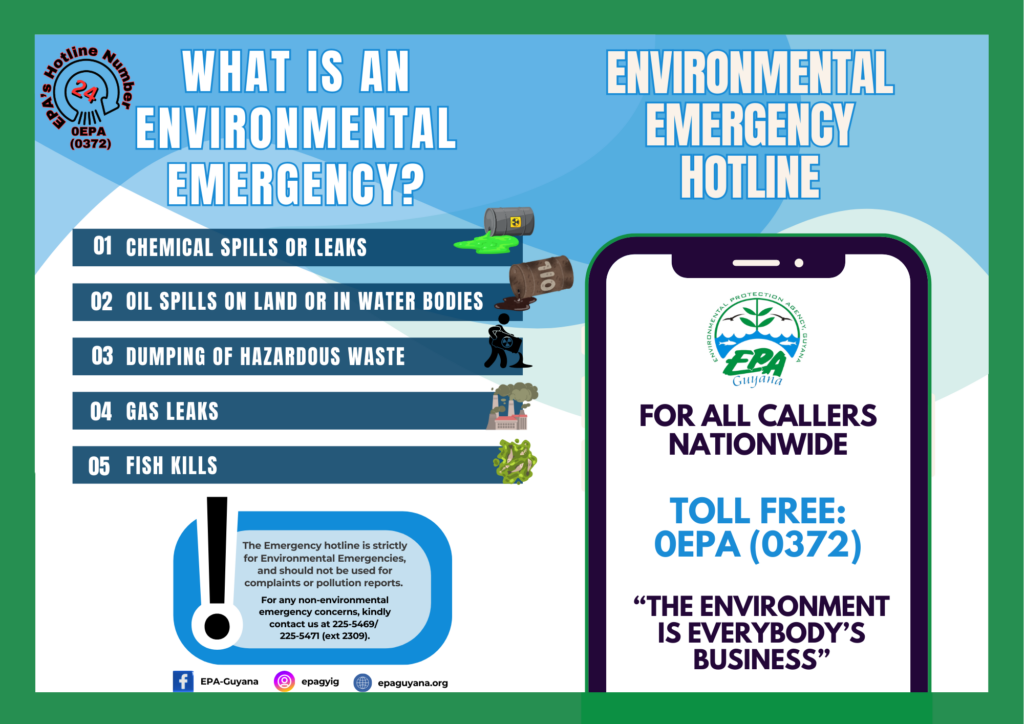The Annual Report is a once-per-year document that is mandatory for many organizations and a powerful tool for many more. While it can be tedious to assemble, it’s incredibly important. This single piece of communication presents a wealth of information about your organization to many different audiences. How those readers engage with that content affects their perceptions of your business in significant ways. (Wright, 1975)
The Environmental Protection Agency issues each project with an Environmental Authorization (Permits) to both new and existing projects. As part of the Permit conditions, the developer/ Permit holder is bound by the Section Compliance, Monitoring and Reporting of the Permit which states “Submit Environmental Annual Report to the EPA on or before March 31 every year on your compliance with this Permit”. The purpose of this Environmental Annual Report is to inform the Agency formally whether the developer / Permit holder is compliant with the site-specific conditions set out in the Permit. Another document that is submitted along with the Environmental Annual Report, particularly for gas stations and mining operations is the water quality analysis results. The results of this analysis are very important as it informs the Agency, if the operation is releasing any harmful pollutant into surrounding waterways which can harm aquatic life and persons consuming the water. When reviewing the Environmental Annual Report special attention is given to areas such as waste management, noise management, hazardous waste/ material management (specifically spills that may occurred in the environment), and compliance monitoring and reporting.
Failure to submit Annual Reports is an offense for which the penalty is a maximum fine of eighty thousand dollars ($80,000), in accordance with Regulation 7(3) of the Environmental Protection (Authorizations) Regulations 2000. Further, failure to comply with the terms and conditions of the Operation Permit constitutes a breach of the Environmental Protection Act, Cap. 20:05, Laws of Guyana, which makes you liable to the penalties prescribed, including fines and imprisonment, as well as, other enforcement action: the suspension of your Environmental Authorization or the closure of your operation.


